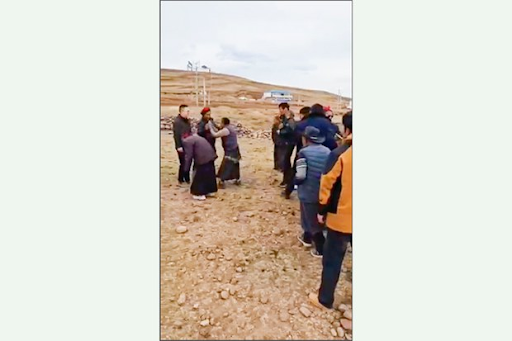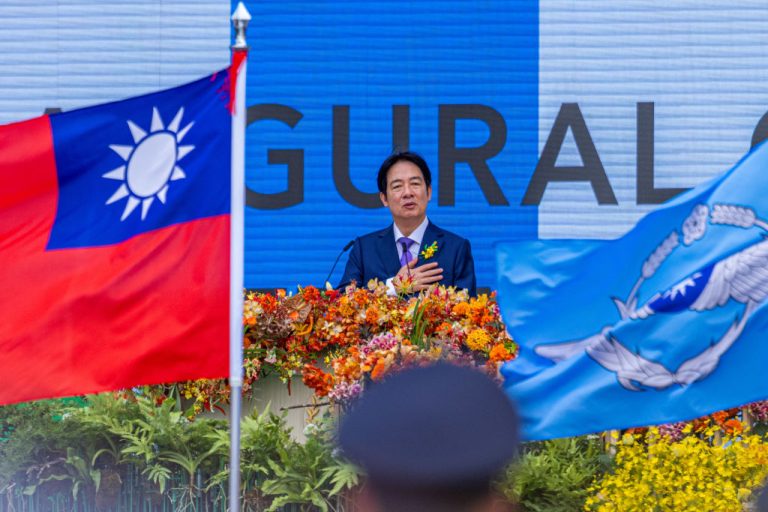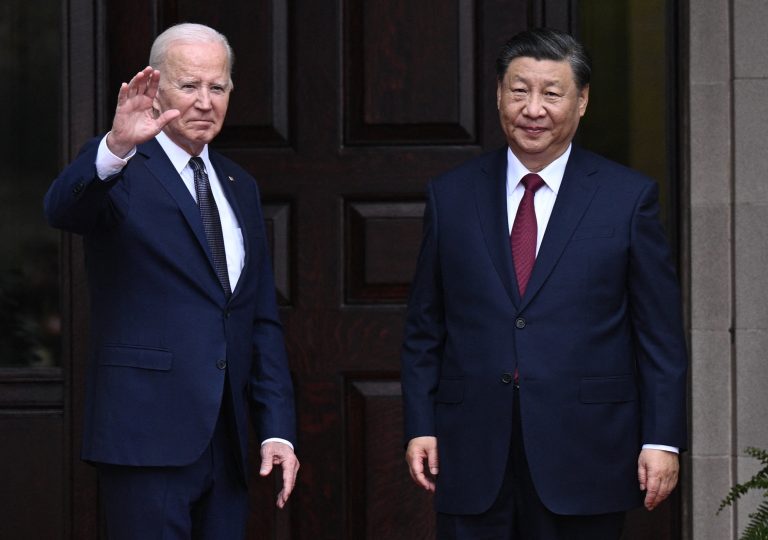After selling their land to Chinese businessmen, Tibetan families are now reporting that they are not being compensated enough for losing their homes.
In early April, around 25 families were faced with the news that a Chinese businessman had arrived to strip their land. Their homes were allegedly sold without their knowledge or permission.
Chinese authorities have in the past seized lands in Tibet and Tibetan-populated areas which are close to Chinese provinces used for mining, farming and more. Such seizures of territory have often been done with intimidating force, punishing those who oppose their approach.
Following this surprise move, several residents of Taktsa village in Markham county in Chamdo (Changu in Chinese) roared in protest against the land grab on April 10, crying for compensation. Four of them were arrested and were beaten before they were eventually released, an anonymous source told Radio Free Asia (RFA) Tibetan.
“The four of them were released on April 16 but they were beaten and tortured during detention, and one of them even has a swollen cheek,” the source said.
Success
You are now signed up for our newsletter
Success
Check your email to complete sign up
Since then, around 10 policemen were sent to patrol the area, keeping a stern eye on the everyday routines of the people, sources said.
After the protests, a meeting was called on April 16 where authorities laid out the details of a compensation plan for the affected Tibetan families. The meeting was attended to by at least one representative of each family.
The meeting disallowed the attendees from bringing their phones, while authorities warned families to not leak information abroad or perform the “crime” of sharing the news of the land grab and the protests.
“They were told that internal problems can only be solved internally,” one resident said.
“But if this information had not been widely reported, there wouldn’t have been any talk of compensation, let alone the release of the four young men who were arrested and detained,” the resident added.
According to Chinese officials, they agreed to pay each family 3,000 Chinese yuan ($415); a sum that residents claim is far too low for them.
“The people were unhappy about the compensation and rejected the low figure,” one source said, who also shared that the pasture land had been stripped up.
However, residents said that the families must oblige with the compensation without question as the terms are non-negotiable. Any attempt to oppose these terms could be punishable by imprisonment.
An official who had done business with the businessmen behind the selling of the land was arrested by authorities and charged with corruption for seizing without compensation, a source claimed.
READ MORE:
- Tibetans in Exile – Raising Voices for a Distant Homeland
- Toronto Marks 65th Tibetan Uprising Anniversary With Rally Against the CCP
- Over 1,000 Tibetans Arrested in Southwest China as Dam Project Sparks Major Protests, Threatens Local Heritage
Beijing’s hold on Tibet
According to RFA, similar land grabs have been reported in Chamdo in recent years; in some, Tibetans have been displaced by force. Most of them have been associated with mining and development projects for Beijing. Chamdo itself is a land rich in resources, which include gold, copper and lithium.
Residents have cried for mercy from Beijing, but the voices have gone unheard. In February, protests were conducted in Dege county in Sichuan province to stop a Chinese dam project on the Drichu river. Videos from Markham county show Tibetans pleading to police dressed in black.
A popular Tibetan-language blog was also shut down by the Chinese government, causing anger from the Tibetan community who rely on its rich Tibetan content.
On March 4, United Nations (UN) human rights chief Volker Turk encouraged China to heed recommendations to alter laws that “violate fundamental rights,” Reuters wrote.
Tibetans across the world, many of whom are exiles, shared their desires for a free Tibet, safe from the abuses the communist government have committed on their families and friends at home.
On Mar. 10, a large rally unfolded in Toronto as demonstrators, including Tibetan exiles, celebrated the 65th anniversary of the Tibetan uprising, calling for a united stance against China’s draconian hold on Tibet.








